In the context of the strong development of the Vietnamese film and television industry, the demand for professional actors is increasing, many filmmakers have the ambition that the revenue of Vietnamese films released in theaters can reach thousands of billions of VND. However, the quality of actor training is still limited, causing the domestic film industry to lack outstanding faces who can inherit the generation of veteran artists such as People's Artist Tra Giang, The Anh, Bui Cuong, Meritorious Artist Thanh Quy...
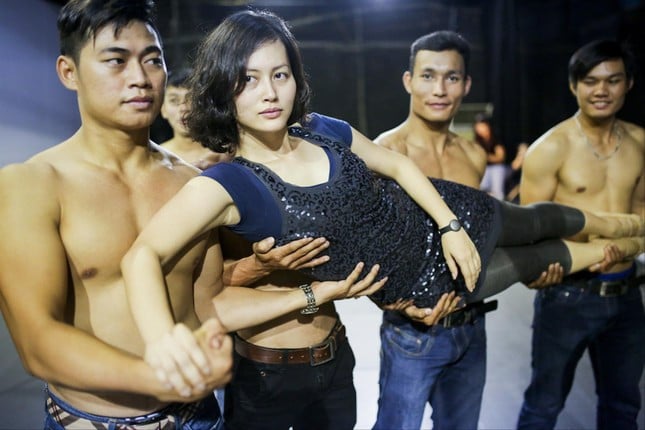
The Training Paradox
In Vietnam, actor training mainly takes place at a few large institutions such as the School of University of Theater - Hanoi Cinema, University of Theatre and Cinema - Ho Chi Minh City Cinema. In addition, in recent years there have been the Military University of Culture and Arts, Nguyen Tat Thanh University, Van Lang University, Ho Chi Minh City College of Culture and Arts..., and a number of private organizations.
The paradox is that the more acting training facilities open, the more the quality of Vietnamese actors seems to be “inversely proportional”. The main reason, according to experts, is that many public training facilities still apply old curriculum. The lack of modern facilities and equipment prevents students from accessing and practicing with advanced technology, leading to a gap between training and practical work.
Director Ngo Quang Hai was frustrated when he could not find "schooled" actors. "Education is not keeping up with the market, not updated with trends, lacking and weak. Teaching methods are still heavy on theory, lacking practical practice, while acting is a profession that requires continuous training," he said.
Artist Cong Ninh, lecturer at the University of Theater and Theater Ho Chi Minh City Cinema Department said: “Many lecturers have enough theoretical qualifications and artistic knowledge to teach, but lack practical experience in the profession, have little or no experience in composition and staging”. This leads to students lacking opportunities to be exposed to the real working environment, affecting their skills and experience after graduation.
Many short-term acting training centers have sprung up, promising to “turn you into a star in just a few months.” However, this model cannot replace formal training. Crash courses can help students grasp basic skills, but lack depth in performing arts.
Director Le Hoang shared: “The crash course creates a generation of actors who can appear on screen but do not have enough strength to maintain a long-term career. Many young actors today emerge from reality TV shows, from TikTok but do not have a solid professional foundation. They can attract audiences in a short time, but very few can become real actors.”

Many famous actors but lack of stars
“Currently, Vietnamese cinema has many famous actors but there are no true stars. A star is not only someone with a large audience, but also someone who has box office appeal, the ability to ensure revenue for the film and create an iconic mark. If you look at developed cinemas like Korea, China or Hollywood, real stars can carry an entire film, making the audience buy tickets for them. In Vietnam, very few actors have achieved that level of influence,” said the film critic. Herbs comment
She commented that the domestic film market is still small and not strong enough to create generations of stars with long-term influence. To have real stars, Vietnamese cinema needs a more professional film ecosystem, from actor training, build personal brand, to developing a film market large enough to nurture and sustain their name.
The shortage of domestic actors
Looking at major film industries such as Korea, Japan or Hollywood, we can see a clear difference. In Korea, actors are often trained at prestigious academies such as Korea National University of Arts or large entertainment companies with professional training systems. They have to spend many years learning acting skills, practicing voice, choreography, martial arts... before stepping onto the screen. In Hollywood, actors not only need to learn acting but also have to understand the script, directing, and filming to be able to play their roles in the best way.
Most Vietnamese actors are not conscious of constantly improving themselves. Some people become famous thanks to their appearance or media effects but do not bother to study hard to improve their acting. This leads to the consequence that every time these “familiar faces” appear on screen, the audience has to “eat back” the forced, stiff acting like a play, the dialogue lacking emotion, and the inability to control their body.
“The Vietnamese entertainment market currently focuses heavily on commercial products and fast entertainment, leading to the production of films and television programs that lack depth in content and characters. This affects the development of actors’ in-depth acting skills, as they do not have the opportunity to participate in high-quality projects that require sophisticated acting skills,” said producer Dinh Tuan Anh.
To help Vietnamese actors approach the level of international actors, Ms. Phan Cam Tu, representative of the Motion Picture Association of America (MPA) in Vietnam, suggested: “Attractive incentive policies have brought great opportunities for Thai people to be trained right in the process of working with film projects of foreign film crews filming in this country. This is the most practical and effective way of training and to be successful, it must come from preferential filmmaking policies for foreign film crews.”
Source








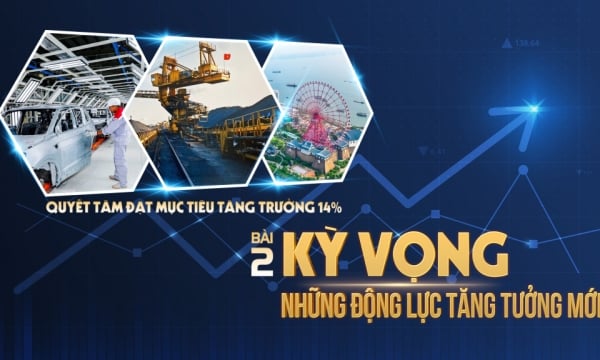
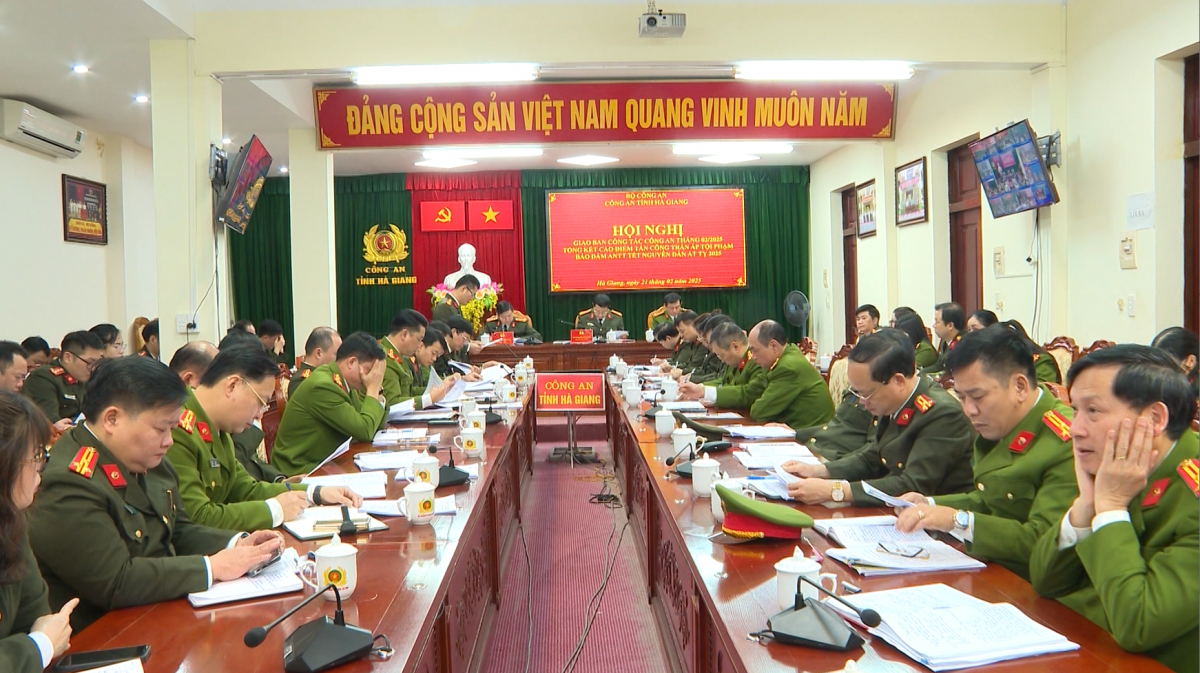
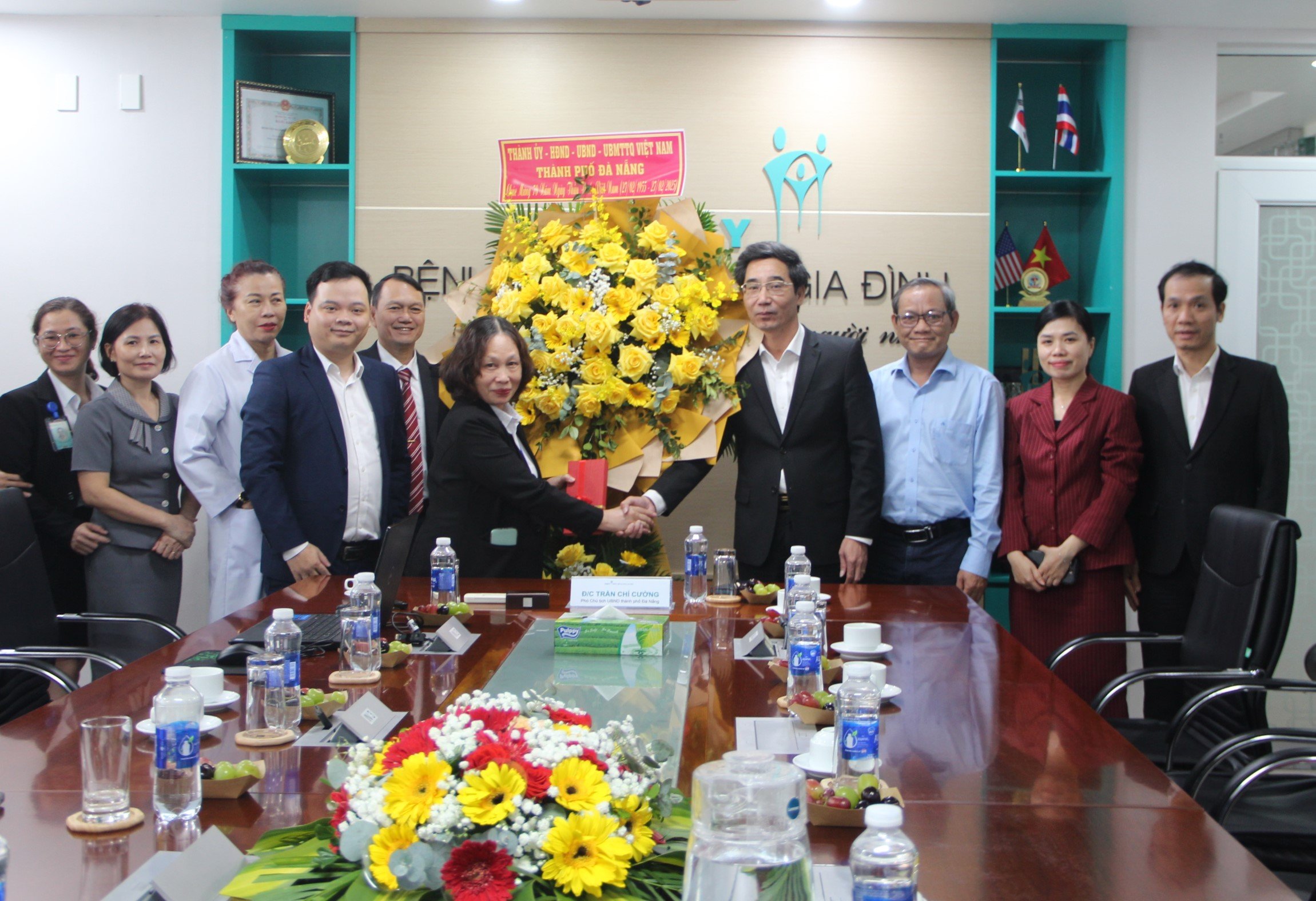
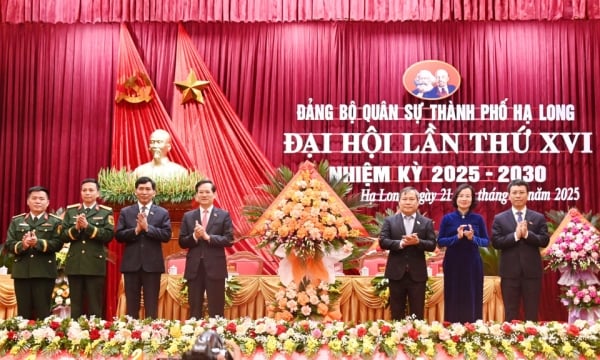



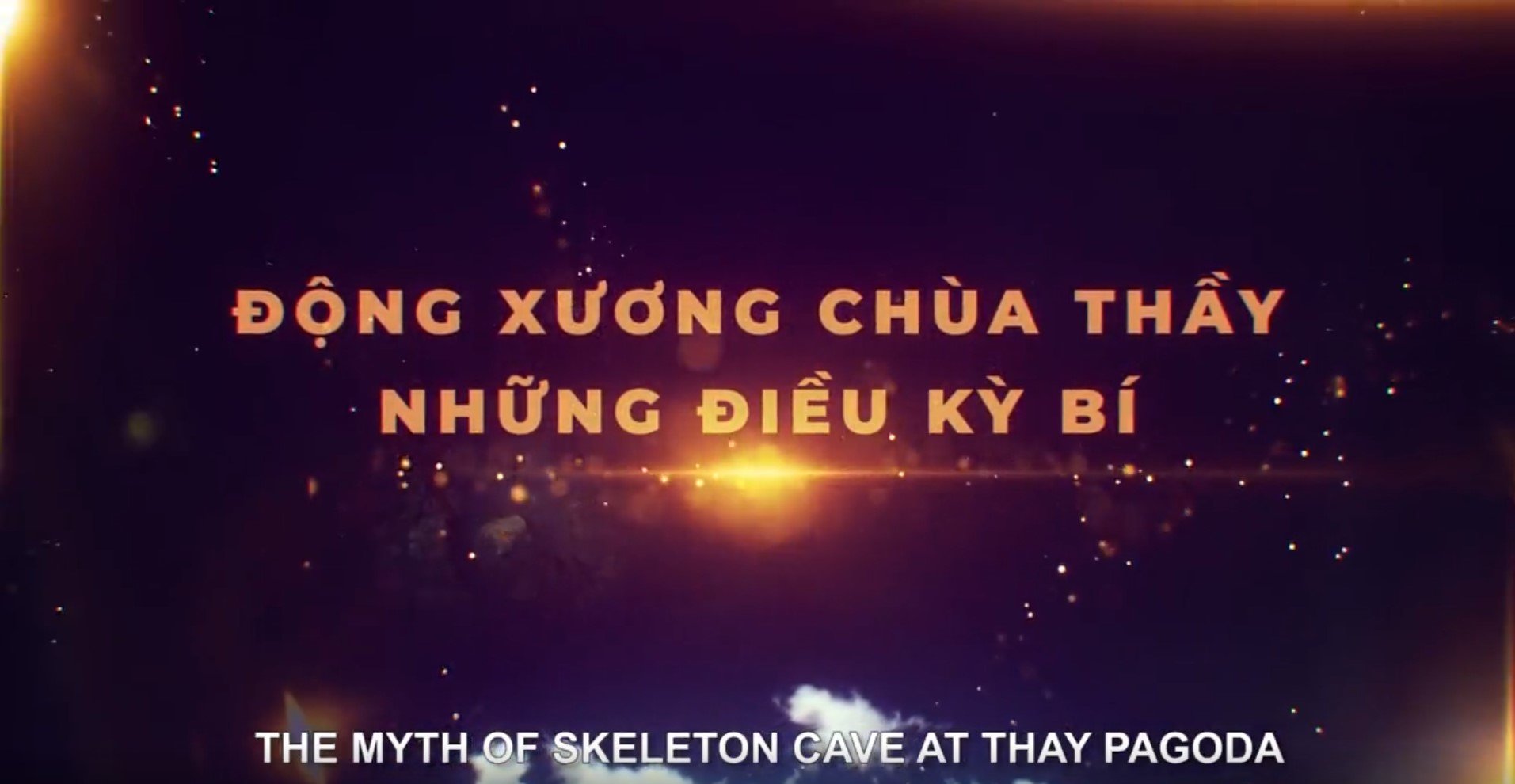
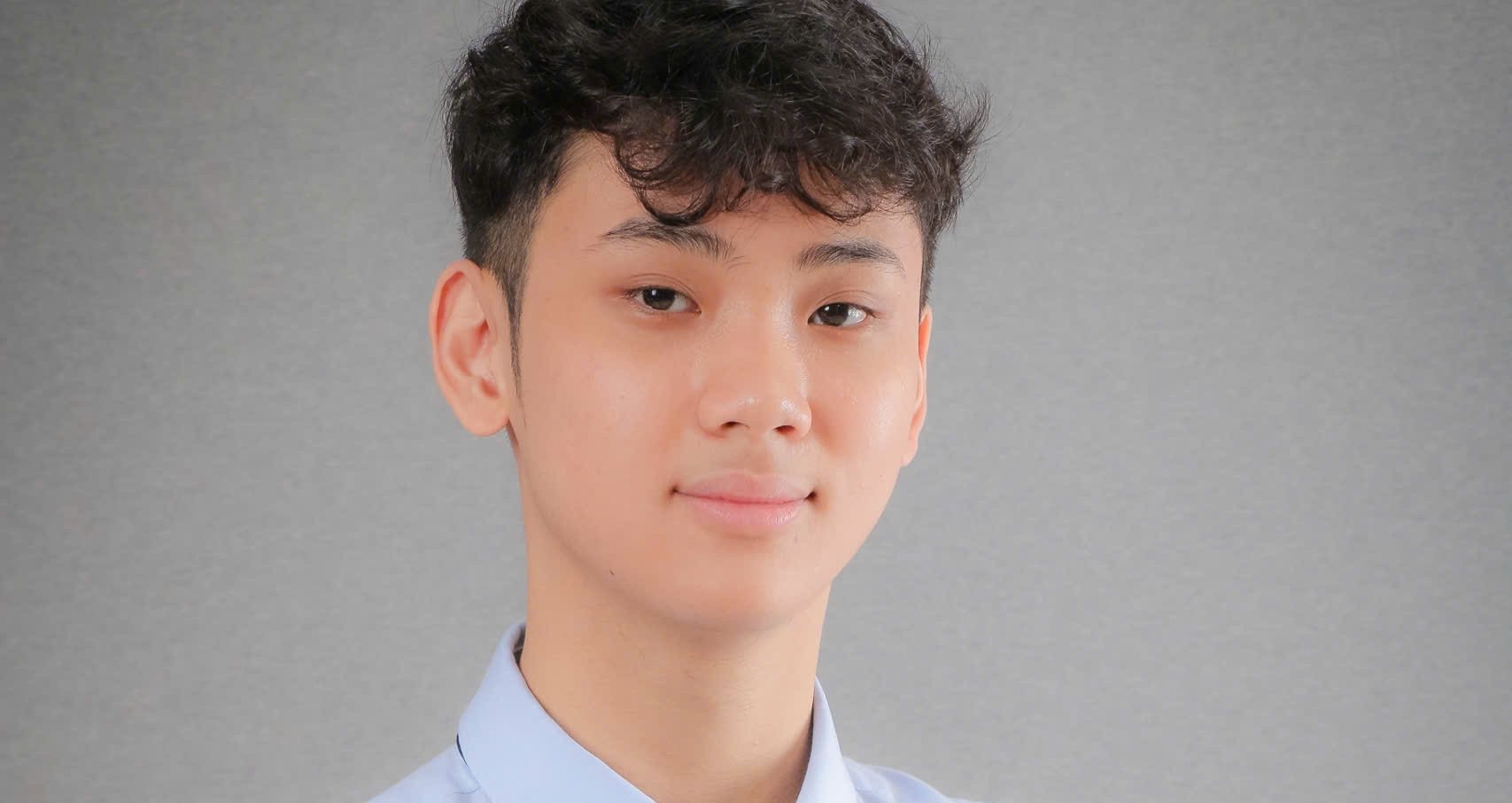







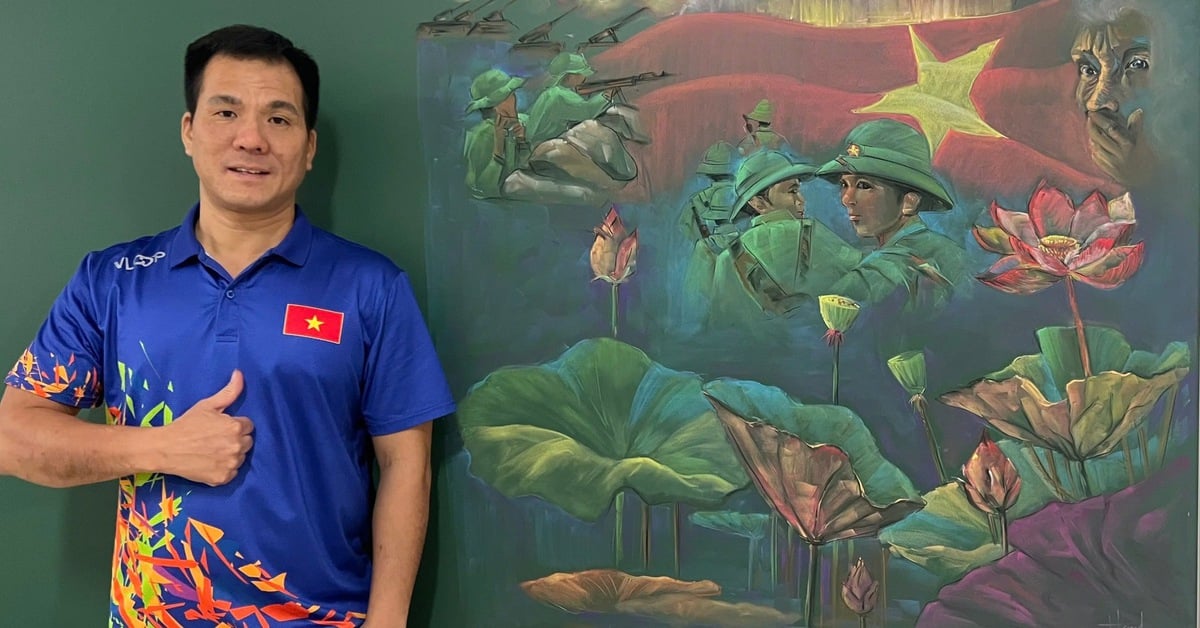

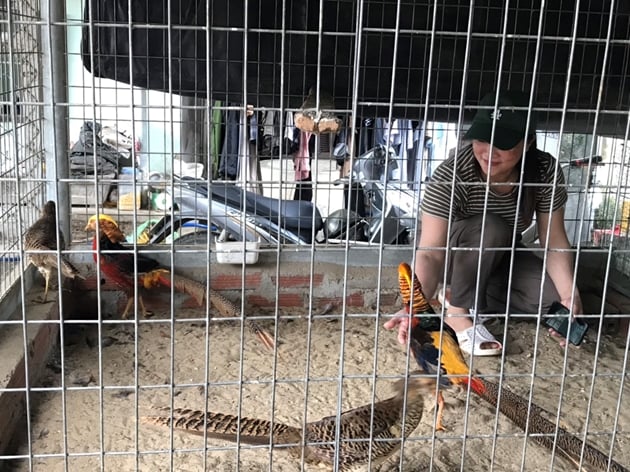

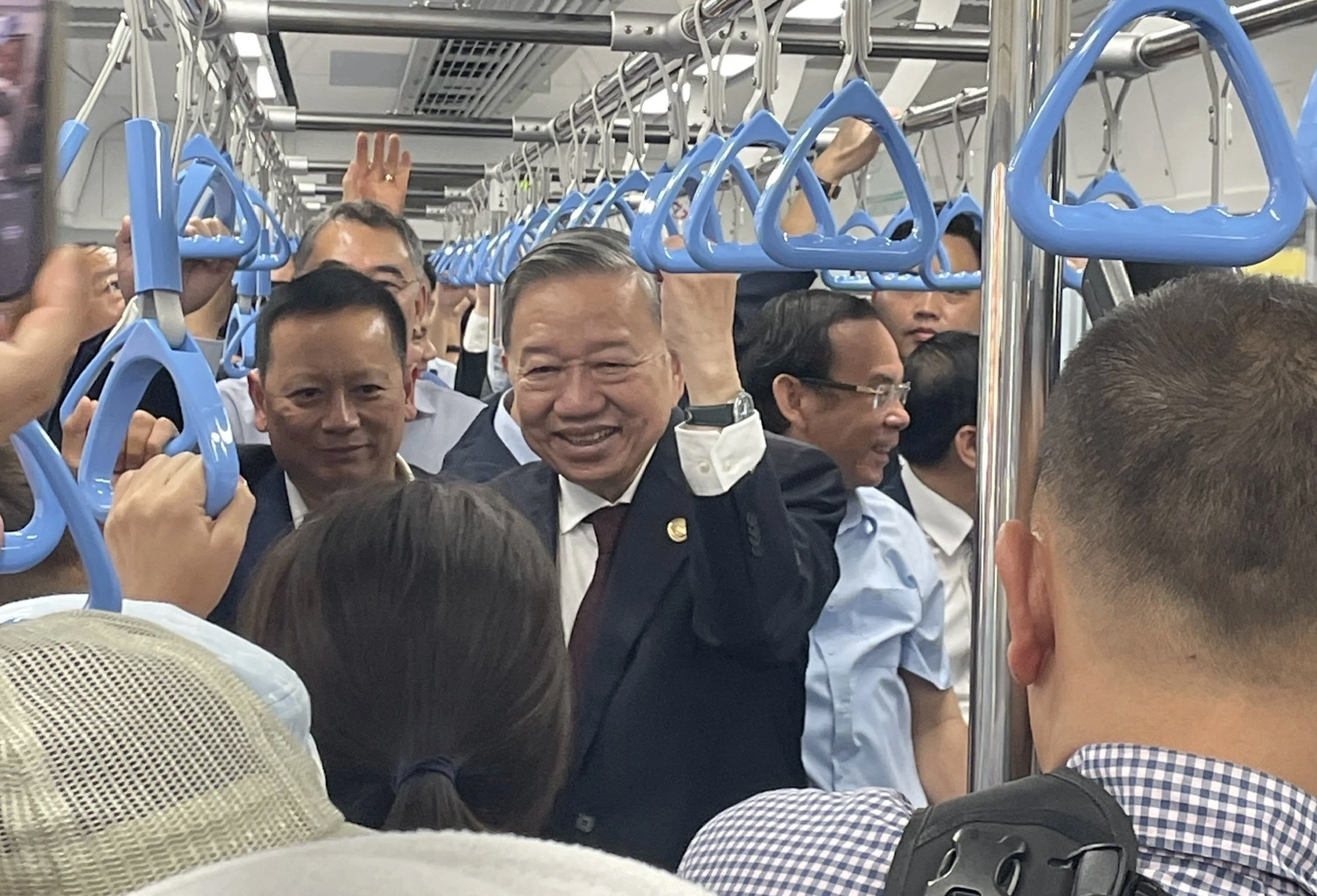

Comment (0)